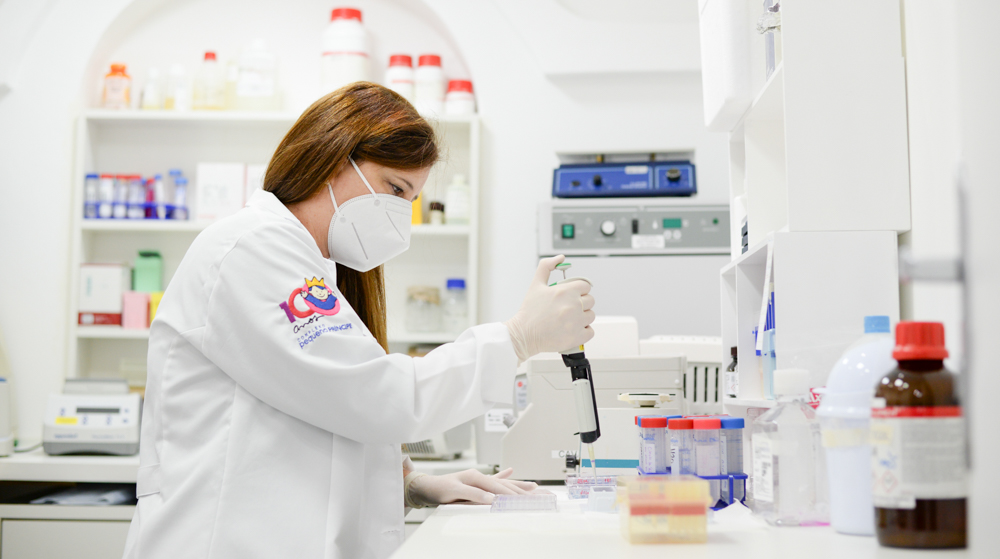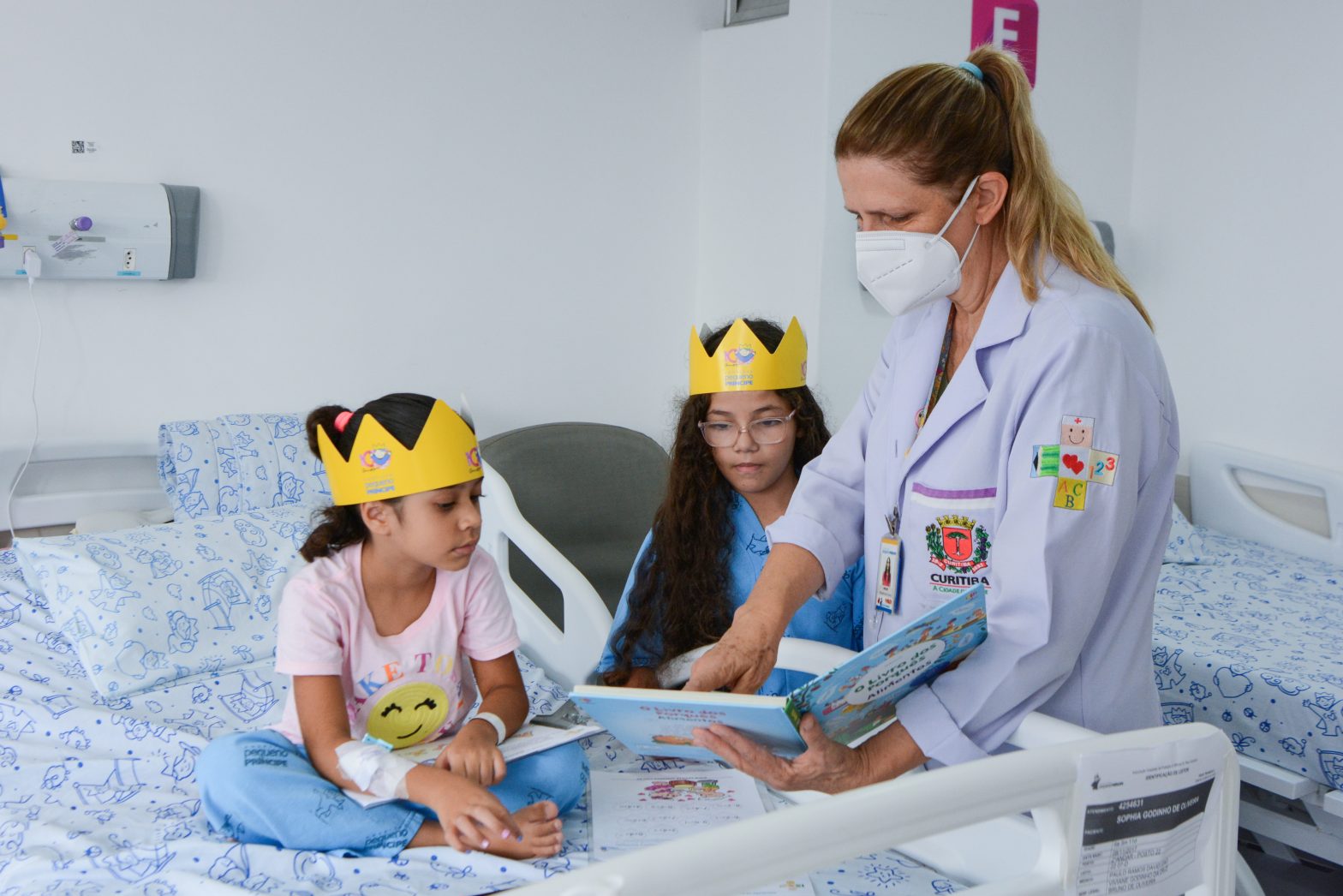Research seeks to develop a more accurate method for diagnosis, prognosis and monitoring of tumors of the central nervous system
CNS tumors have a higher incidence in children up to 10 years of age and represent 30% of deaths from childhood cancer in Brazil
Cancer is one of the main causes of death among children and adolescents worldwide. In Brazil, it represents the second cause of mortality in the age group from 1 to 19 years. According to an estimate from the Brazilian National Cancer Institute (Inca, abbreviation in Portuguese), for each year from 2023 to 2025, 7,930 new cases of the disease are expected in the country.
Among the different types of childhood cancer, tumors of the central nervous system (CNS) cause 30% of all deaths and most often affect children under 10 years of age. These tumors develop in the brain or spinal cord and can arise from more than a hundred different types of cells.

Currently, through precision medicine, it is possible to understand the tumor in detail, analyzing its genomic and epigenomic profile to identify specific mutations, changes and biomarkers that are associated with its growth and progression. This knowledge allows us to more accurately predict the response that the patient will achieve with treatment. It also allows the doctor to direct treatment to the identified molecular changes, that is, to resort to targeted therapies, which are more effective and less toxic than traditional treatments.
In the race that doctors and patients are engaged in to control and defeat cancer, precision medicine also allows real-time monitoring of the patient’s response to treatment. In this way, it is possible to identify early patients who are not showing a satisfactory response or who are at greater risk of developing resistance and tumor recurrence. With this information, doctors can change the treatment and move towards a cure, saving precious time in this race.
Innovation
Currently, the most common way to gain in-depth knowledge about the specificities of the tumor is to perform a biopsy. This exam allows the collection of a small piece of the tumor for analysis of its cells. This collection, however, is quite invasive and is normally carried out in a surgical center. The project developed at the Pelé Pequeno Príncipe Research Institute proposes a new method to deeply understand the characteristics of CNS tumors, using molecular analysis on liquid biopsy samples. Liquid biopsy can be performed by collecting body fluids such as blood and liquor, therefore, it is much less invasive.
In pediatric patients with CNS tumors, this technique appears as a new strategy for early cancer detection (diagnosis), prediction of tumor evolution and response to treatment (prognosis), as well as therapeutic choice and monitoring (treatment).
How the research will be carried out
To design this new method of analysis, researcher Luciane Cavalli, who coordinates the research project, explains that a retrospective study will be carried out on samples from patients with CNS tumors to determine the tumor molecular changes identified at the time of diagnosis, associated with the response to treatment and clinical outcome.
Secondly, scientists will seek to identify the presence of tumor molecular changes in liquid biopsy samples taken before the start of treatment.
Finally, they will seek to determine which molecular changes found in liquid biopsy samples from patients with CNS tumors should be considered for treatment monitoring.
“These analyzes will have a significant impact on the application of precision medicine in the treatment of pediatric CNS tumors. Specifically, the use of liquid biopsies will make it possible to accurately and less invasively predict how patients will respond to treatment, in addition to monitoring their evolution over time,” highlights Luciane.
According to her, this new method will enable informed clinical decision-making at regular and continuous intervals. “In addition, this innovative approach will help identify specific therapeutic targets for children and adolescents with CNS tumors, which, in turn, will lead to the development of more effective and personalized therapies for this group of patients,” she concludes.
More
More than 70% of children and adolescents who receive school support at the Pequeno Príncipe attend public schools
In 2023, around 1,800 patients aged 3 to 19 years old benefited from educational initiatives carried out at the Hospital
Molecular tests change the trajectory of treatments and increase the chances of cure
With the support of society, Pequeno Príncipe offers these exams to patients treated by the Brazilian Public Health System








